When we got our little homestead over 25 years ago, the woman we purchased it from told us, “Don’t forget to get the pecans off the tree by the creek.” I didn’t know what she was talking about until several months later when walking along the creek bank I noticed the tree. “Hey, that’s a pecan tree.” Well duh. Anyway, it is a beautiful little tree and I’ve taken many photos of the non native rascal.
The botanical name of the pecan tree native to the southeast is Carya illinoisensis and it’s in the Juglandaceae. I don’t know what cultivar or variety this lone tree by the Ol’ Guajolote is, but suspect it has been there a long time as it looks nothing like the varieties planted across the Sulphur Springs Valley.
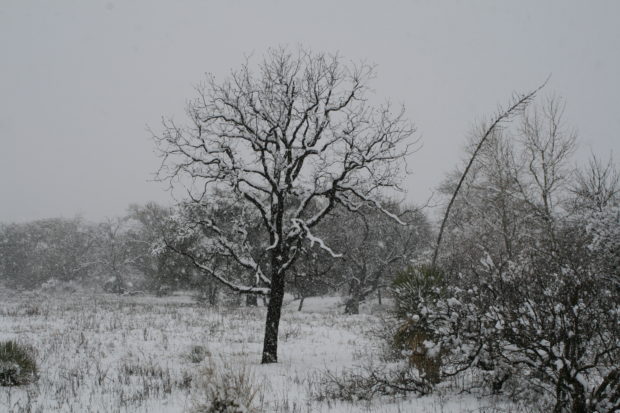
When I first learned about shrews I think they were considered insectivores and insects are part of their diet, but also other small vertebrates and seeds and well, it seems just about anything. They do a lot of eating.
So, I’m guessing that the shrew I found is either Notiosorex crawfordi or the newly described Notiosorex cockrumi. The species name is in honor of E. L. Cockrum who taught at the University of Arizona. During my brief attempt at a college education, I took Mammalogy from Dr. Cockrum. It was my favorite course. By the way, when Dr. Cockrum was told the shrew was to be named in his honor, he retorted that he was glad it wasn’t a skunk.
And before I forget, the book I mention is King Solomon’s Ring, by Konrad Lorenz. It was required reading in Wildlife Biology 101 taught by Roger Hungerford at the U. of A. back in the olden days. It’s still a good read.
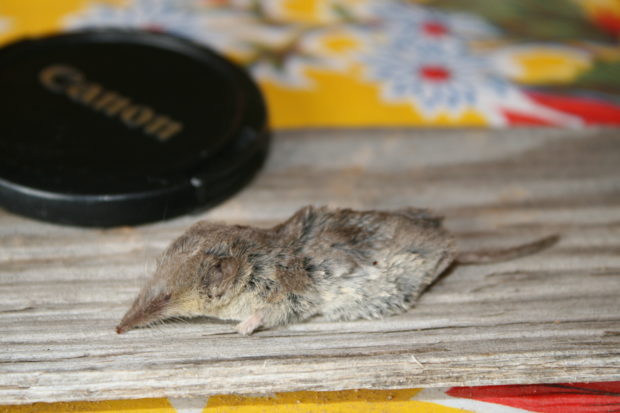
The photos are of the much jabbered about pecan tree after a recent snow and the photo of the shrew is a post mortem thanks to Buster, whose new last name is, “Stay in the House and Eat Cat Food.”
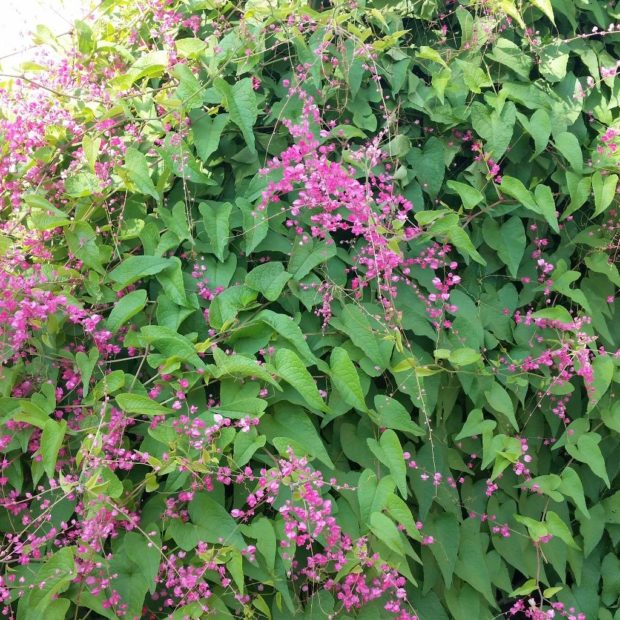
San Miguelito (Antigonon leptopus) is quite the Mexican native plant. I read that it’s found in habitat not only in Sonora and Chihuahua and...
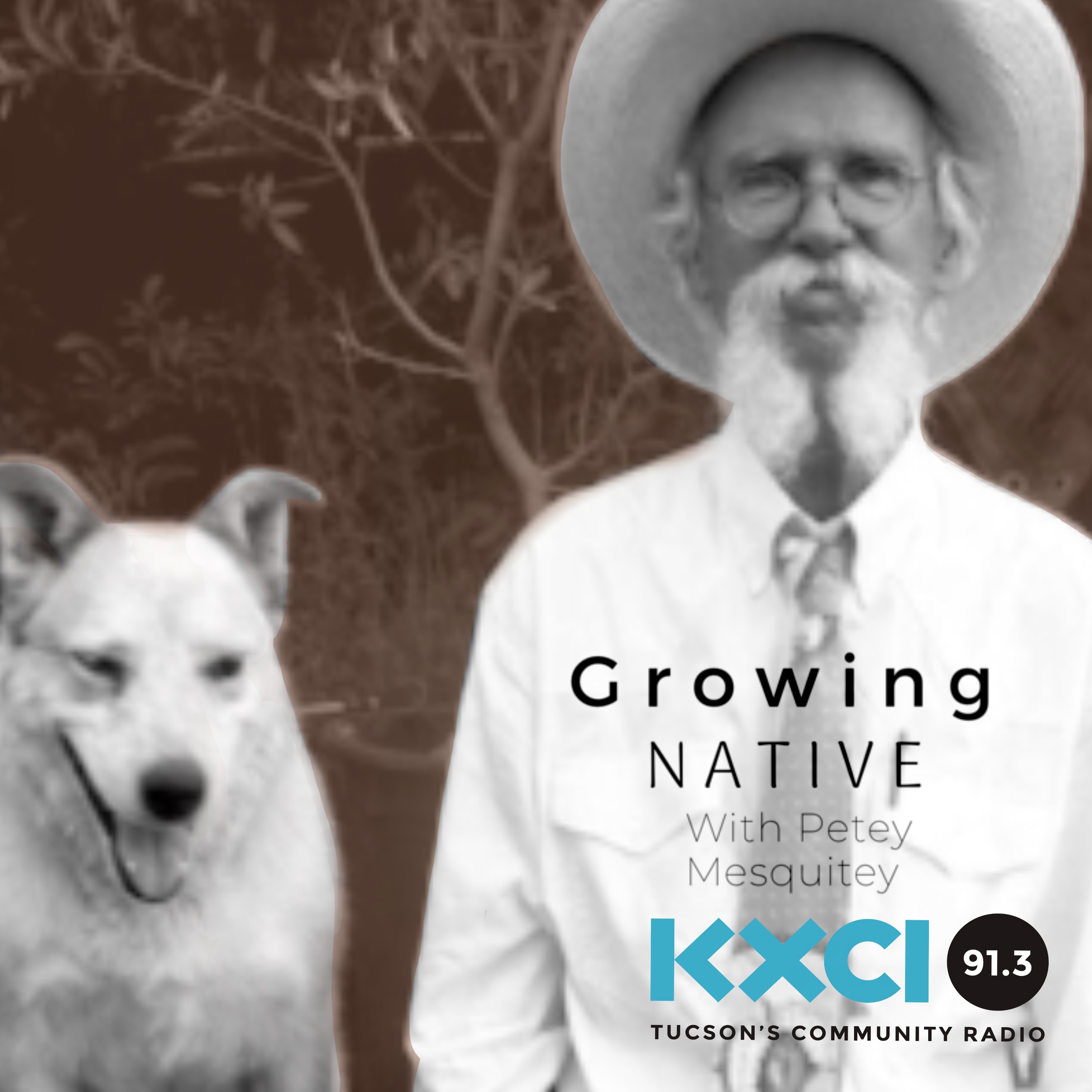
Heuchera is found in the saxifrage family, Saxifracaceae, with 80 other genera that includes the genus Saxifraga and its 400 species. Yikes! My old...
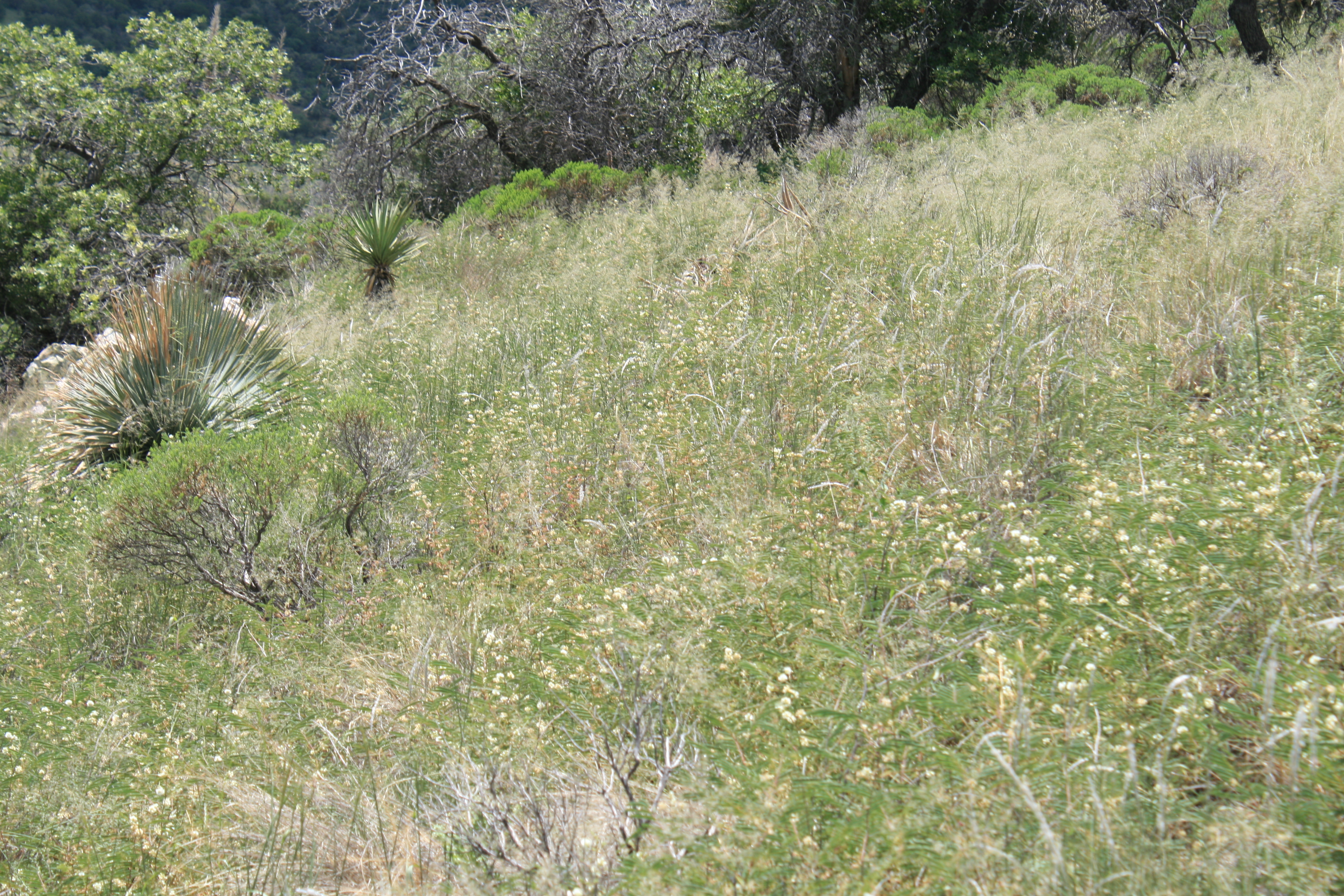
Acaciela angustissima is the former Acacia angustissima. I suspect the name change is about priority. The plant already had a published name and then...